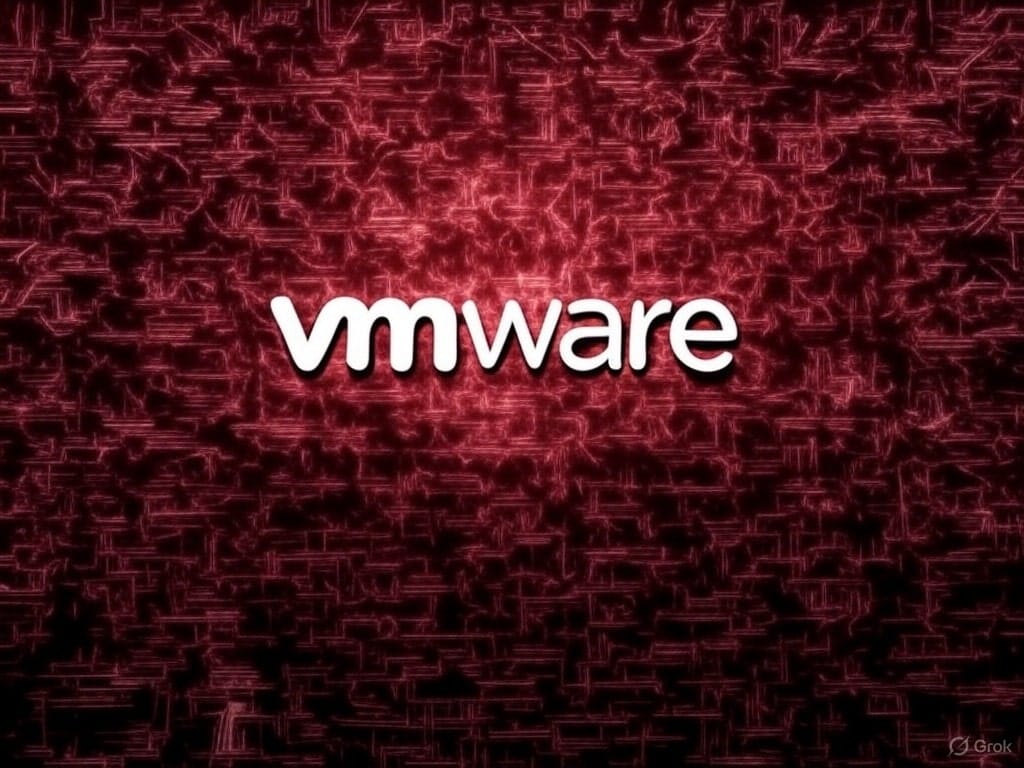Here’s the translation:
The acquisition of VMware by Broadcom is leaving a trail of controversy in the IT ecosystem. In addition to the withdrawal of perpetual licenses, there is now a mass mailing of legal letters demanding that customers stop using updates and patches after their support contracts expire.
Broadcom has intensified its strategy of forcing a transition to subscription models for VMware products. Starting in early April 2025, the company has been sending "cease-and-desist" letters to users of perpetual licenses whose support renewals have expired, according to an article by ARStechnica. The document, signed by Mike Brown, Managing Director of Broadcom, requires customers to uninstall any updates or patches applied after the expiration date of their contracts.
The End of Perpetual Licenses: The Breaking Point
After completing the purchase of VMware in November 2023, Broadcom eliminated the option to acquire perpetual licenses. Since then, it has only been possible to operate under annual or multi-year subscriptions, with price increases that, according to multiple customers, can reach up to 300%.
Although users can continue using the software under the original terms of their purchase, they no longer have the right to support or updates unless there was a prior valid contract. The recent legal offensive, however, goes further: it explicitly prohibits the use of any patches or enhancements obtained after the expiration of support, even if they have already been installed.
What the Official Letter Says
In the legal document sent by Broadcom, it demands:
“To immediately cease the use of support services, including updates, extensions, patches, or enhancements after the expiration of the contract.”
“Any continued use constitutes a material breach of the agreement with VMware and a violation of VMware’s intellectual property rights, which may result in claims for aggravated damages and legal fees.”
Additionally, Broadcom reserves the right to audit the customer to verify compliance with these terms.
A Profound Impact on the Technical Community
The reaction in technical forums like Spiceworks has been immediate. Some system administrators report receiving the letter even days after the expiration of their contracts, and even if they haven’t installed any subsequent updates.
In the words of Dean Colpitts, CTO of the Canadian MSP Members IT Group, quoted by Ars Technica:
“Some of our clients received the letter just six days after expiration. The most concerning thing is that Broadcom reserves the right to audit, which creates constant legal uncertainty.”
Such practices have led many SMEs and MSPs to seriously explore alternatives to VMware, such as Proxmox VE, Nutanix CE, Harvester HCI, or even container-based solutions with KVM and Kubernetes.
What Can Administrators Do Now?
Review Current Contracts: Check for clauses that allow continued use of software with versions prior to expiration.
Internal Audit: Clearly document what versions of software are in use and when patches were applied.
Explore Alternatives: Start testing open-source solutions or those with more flexible licensing models.
- Contact Legal: The ambiguity of the scope of these letters may require specific legal advice.
A Dangerous Precedent?
While the use of unsupported software with perpetual licenses has been common in the industry, this offensive sets a precedent. Broadcom seems willing to litigate the subsequent use even of free security updates and threatens to audit those who do not comply with its "post-expiration reporting requirements."
In an environment where cybersecurity increasingly depends on quick patches, forcing the uninstallation of applied (and often critical) enhancements could create unnecessary risks.
Conclusion: A New Era in Virtualization
The acquisition of VMware by Broadcom is not only transforming the business model but also changing the rules of the game. What was once a lifetime license with optional updates is now a closed model with contractual oversight and inflated prices.
The technical community, which has historically relied on VMware as a pillar of virtualization, faces a critical choice: accept the new conditions or explore alternative paths. While these letters aim to protect intellectual property, they could also end up harming the relationship with thousands of loyal customers.
Are we witnessing the beginning of the end for VMware as we knew it?

